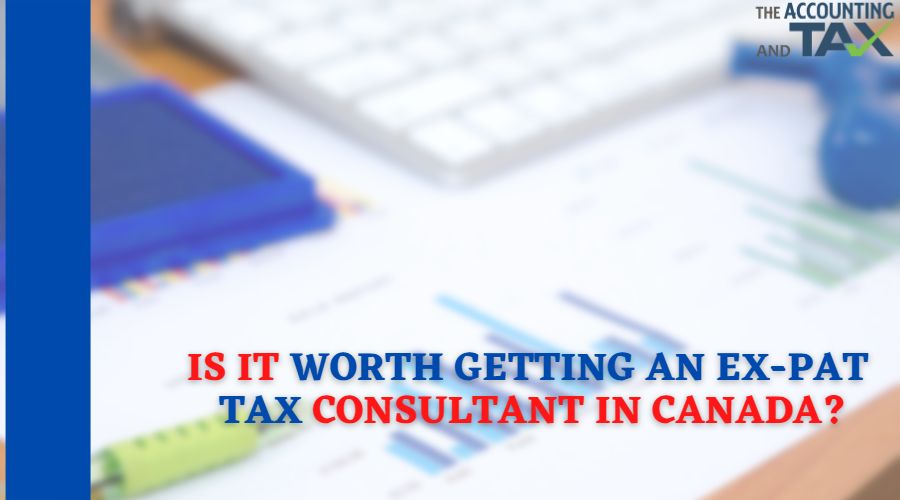
Is it worth getting an ex-pat tax consultant in Canada?
Is it worth getting an ex-pat tax consultant in Canada?
For many people considering relocating overseas, Canada is a very desired place to reside because of its beautiful people and good quality of life. However, anyone moving to Canada or currently residing there must grasp the tax system, just as with moving to any other nation. This article offers a broad overview of the Canadian tax system with ex-pats in mind. Still, it should always be used in collaboration and as the sole source of information for determining your Canadian tax responsibilities. Always seek out an ex-pat tax consultant in Canada for a better solution.
Who has to pay taxes in Canada?
The main factor affecting a person’s capacity to pay Canadian income taxes is their residency status. Any money earned by a person who resides in Canada is subject to taxation. However, only income with a Canadian source is taxable for non-residents.
The deadline for filing tax returns is 30 April after the end of the tax year, which is 31 December. No provisions exist for extending this deadline. Although penalties may also be imposed on some late-filed information forms, late-filing fines and interest are often based on unpaid taxes.
The tax system in Canada is a self-assessment one. For every tax year when taxes are due, the individual must ascertain their tax burden and submit the necessary returns. Individuals file tax returns; couples do not file jointly.
A non-resident employee must submit a Canadian income tax return by 30 April following the tax year to report remuneration, computing tax, or claim an exemption under an income tax treaty. The ultimate tax burden for the year is calculated using the income taxes withheld as a credit. The employee must apply for a Canadian Social Insurance Number or, if they are ineligible, an Individual Tax Number from the CRA to make submitting a return easier. Even if the income is excluded from taxes following the terms of an income tax treaty, a return is nevertheless advised.
In Canada, how is income taxed?
Advice on foreign taxation of work income Included in income from work are salaries, wages, director’s fees, and the majority of perks. Low-interest loans, company-owned vehicles, subsidized or free personal living expenditures, and stock option incentives are a few examples of taxable advantages. In addition, employer contributions to specific employer-sponsored retirement savings plans, such as registered Canadian pension plans and deferred profit-sharing plans, are among the few non-taxable benefits.
In addition to federal taxes, provinces and territories also levy income taxes on resident ex-pats.
Why hire an ex-pat tax consultant?
When paying taxes, Canadian ex-pats who live overseas can run into tricky situations. Double taxation is the most significant of them all. Ex-pats constantly worry about having to pay taxes on the same income twice: once to their home country (where they presently reside) and once to the IRS. Because of this, you need to contact an expert Expat Tax Consultant in Toronto. They will be provided with clarification on the most recent revisions and changes to Canadian tax laws.
The Accounting and Tax is one of the best options for Expat Tax consultation in Canada. To know more, do not hesitate to contact us!!
Or you can visit our Facebook Page for more tax related tips
